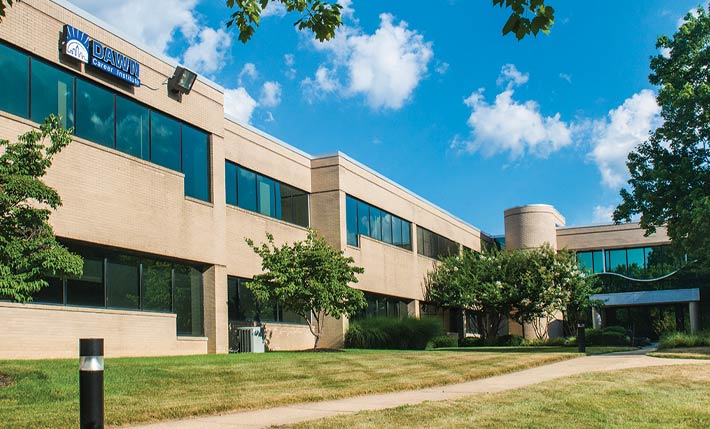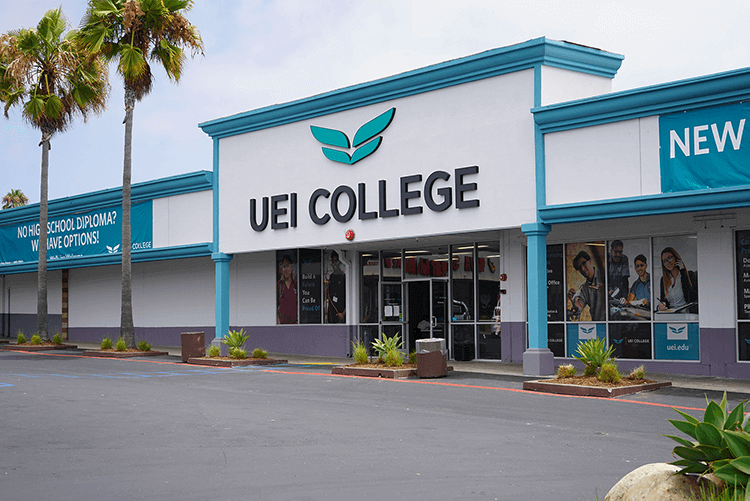
Vocational Degree
The choice of education options for high school graduates and older students is vast. For example, what is the difference between a vocational degree and a bachelor’s degree? Many people make the mistake of believing a vocational degree is for trades where an apprenticeship would once have been necessary.
The breadth of subjects vocational degrees now apply to is much greater. You could study to become a radiation therapist or a dental hygienist. Commercial pilots can qualify with a vocational degree, as can locomotive engineers! Let’s have a look at why people choose a vocational degree over a traditional degree program.
The Vocational Degree Explained
The traditional bachelor’s degree is a step into further education that many choose to take. A bachelor’s degree aims to produce students with a broad all-around education. Let’s say you choose a degree in art and design. Around 40% of your learning will be dedicated to the arts. The rest will involve modules in general subjects such as English, mathematics, and humanities.
You will come out with a greater knowledge of how the world works. With a vocational degree, the emphasis is on the major subject. It is a hands-on program that takes you straight to the skill that you want to learn. You will emerge from your study program ready to enter a job your new skill set is ripe for.
From that description, we can see that a vocational degree is for those who are confident in the career path they want to follow. How and where can you study for a vocational degree?
Studying for a Vocational Degree
The traditional classroom teaching program may be perfect for a high school graduate. There is less expense as a vocational degree can be studied at junior and community colleges. But what if you are at work and want to further your skills? Or, you have a family so must stay at home?
The option is there to study online. Remote online degrees are plentiful and offer the same level of tuition as on-campus degrees. You will be given a study pack, have access to tutors, and sometimes can take as long as you wish to complete your course.
Some vocational degrees take the form of associates degrees. This two-year study program forms the foundation for either a bachelor’s degree or – in some cases – a master's degree. This is a recommended choice for students who are not ready to commit to a full four-year course.
Choosing a Vocational Degree
If you know where your future lies, a vocational degree should certainly be among your options. We recommend you research both on-campus and online degree options, as you may find one is a better choice for your personal circumstances.
Meanwhile, consider this: a dental hygienist can earn up to $70,000 a year, and several other roles applicable via a vocational degree can command similar salaries. Check your chosen path, and this is your way to a better life.







